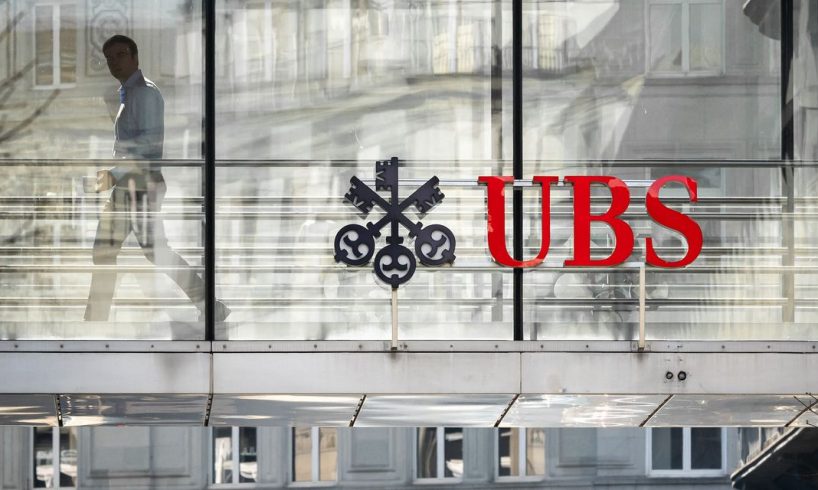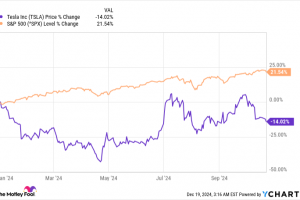
Text size
Credit Suisse Group has agreed to be taken over by rival Swiss bank UBS Group.
Fabrice Coffrini/AFP/Getty Images
For a while, the most likely outcome for stock markets in 2023 was a trading range. Now, much worse scenarios are on the table.
This past week, the Dow Jones Industrial Average gained 376 points, or 1.2%, the
S&P 500 index
finished up 1.4%, and the
Nasdaq Composite
rose 1.7%. All three fell about 1% after the Federal Reserve raised rates a quarter point on Wednesday.
The go-nowhere action of the market over the past few days—despite some significant events, such as Fed speeches and
Credit Suisse Group
(ticker: CS) agreeing to be taken over by rival
UBS Group
(UBS)—is emblematic of recent trading. The S&P has bounced between 3700 and 4200 for the past few months.
Investors just can’t get excited about stocks with the economy slowing, interest rates rising, inflation persistent, and earnings estimates bleeding lower. All that, combined with a series of rolling crises—the popping of the crypto bubble and the recent regional bank failures—have kept a lid on big gains, says Wolfe Research Chief Investment Strategist Chris Senyek.
Even if investors could get motivated by slowing inflation and a potential end to the Fed’s cycle of rate hikes, more potential crises loom. On Senyek’s watch list are commercial real estate and private equity, both leveraged bets in a rising-rate environment. “Best case, we’re in a trading range, worst case, the floor falls out,” he says.
Nor…
..






